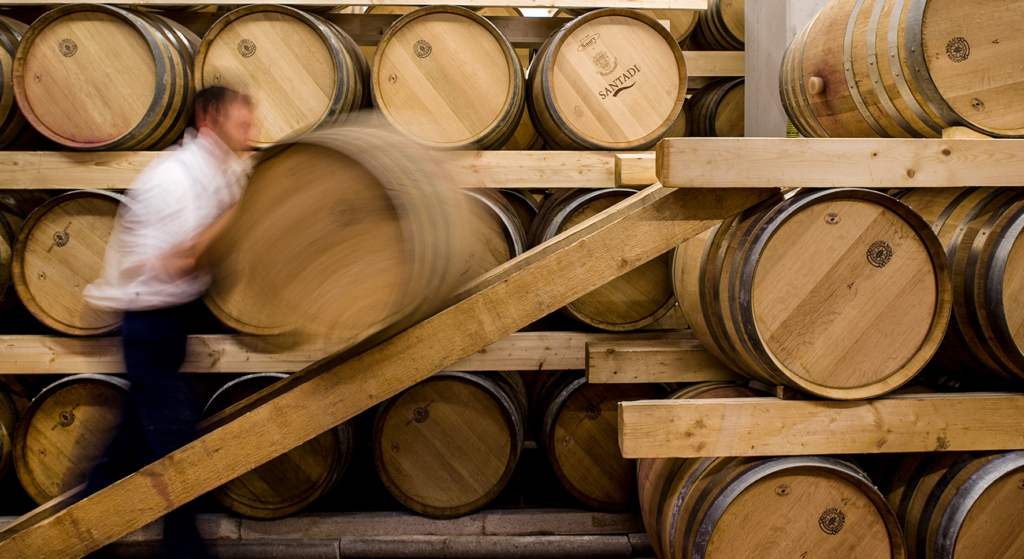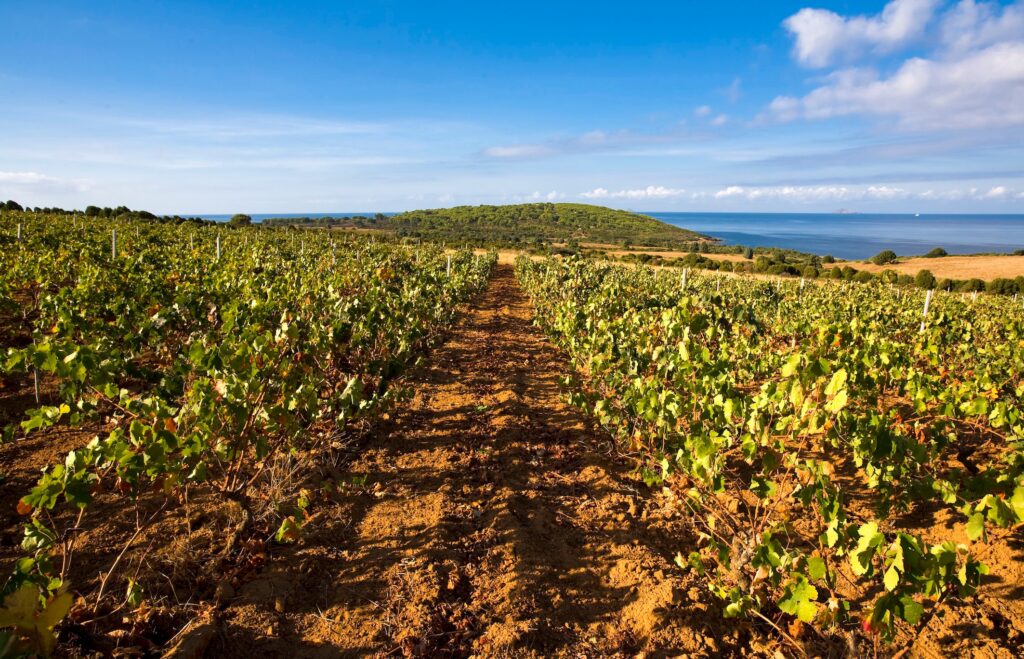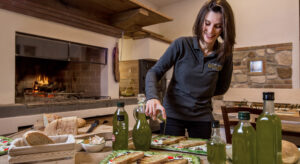La Cantina di Santadi, heir to a more than 2,600 year old winemaking legacy
Cantina di Santadi is a cooperative located in Sulcis, a very ancient geological area in the south west of Sardinia, the oldest geological area in Sardinia and maintains almost unchanged the charm of a thousand-year-old landy extension prevail the mountainous areas rich in metal deposits and covered by forests typical of this Mediterranean area. Characterized by a great variety of microclimates ranging from the coast, the plains and the mountain reliefs, confer unique characteristics to the products of viticulture.
Founded in 1960 thanks to 20 Founding Members, In 1980, headed by Mr. Antonello Pilloni, the oenologist Giacomo Tachis was invited to be responsible for the winemaking, overhauled operations in both the vineyards and the Winery. The focus was placed on enhancing the native grapes (such as Carignano, Cannonau, Monica, Vermentino, Nuragus and Nasco) and producing high- level wines.
The first extension works were carried out, adding a new winemaking sector equipped with insulated and refrigerated stainless steel tanks. Then in 1988, the first bottle of Terre Brune (vintage 1984) was born, the first barricaded red wine in Sardinia, also the third dry red wine to be launched in Dr. Giacomo Tachi’s great and legendary winemaking career, which is welcomed by the market with great enthusiasm and is still the symbol wine of Cantina Santadi.
A few hundred meters as the crow flies from Cantina Santadi is the hill of Pani Loriga, frequented since the fourth millennium BC by local populations. Research started by the CNR (National Research Council) on the site since 2005 has shown a phase of attendance that develops continuously between the end of the VI/early V and the first half of the IV century BC. The discovery, during the excavations, of an extraordinarily large number of transport amphorae is one of the evidence of the intensive exploitation of the territory – also for specialized crops such as vines and olive trees. Through a biochemical analysis, the investigations have shown that wine consumption played a central role, both in the funeral ritual and in the public ceremonies that regulated the life of the mixed population community of the hill. The research confirms the winemaking vocation of the Santadese Territory for over 2600 years.
Today, this winery has a network of about 200 local producers who, within a radius of about 30 km from the winery, collect and select by hand the best grapes. Thanks to their commitment, innovative spirit and respect for traditions, the winery has exported the most authentic flavors of its land, making itself the spokesman of a true heritage of history, culture, style and taste, true essences of an ancient rural reality.







